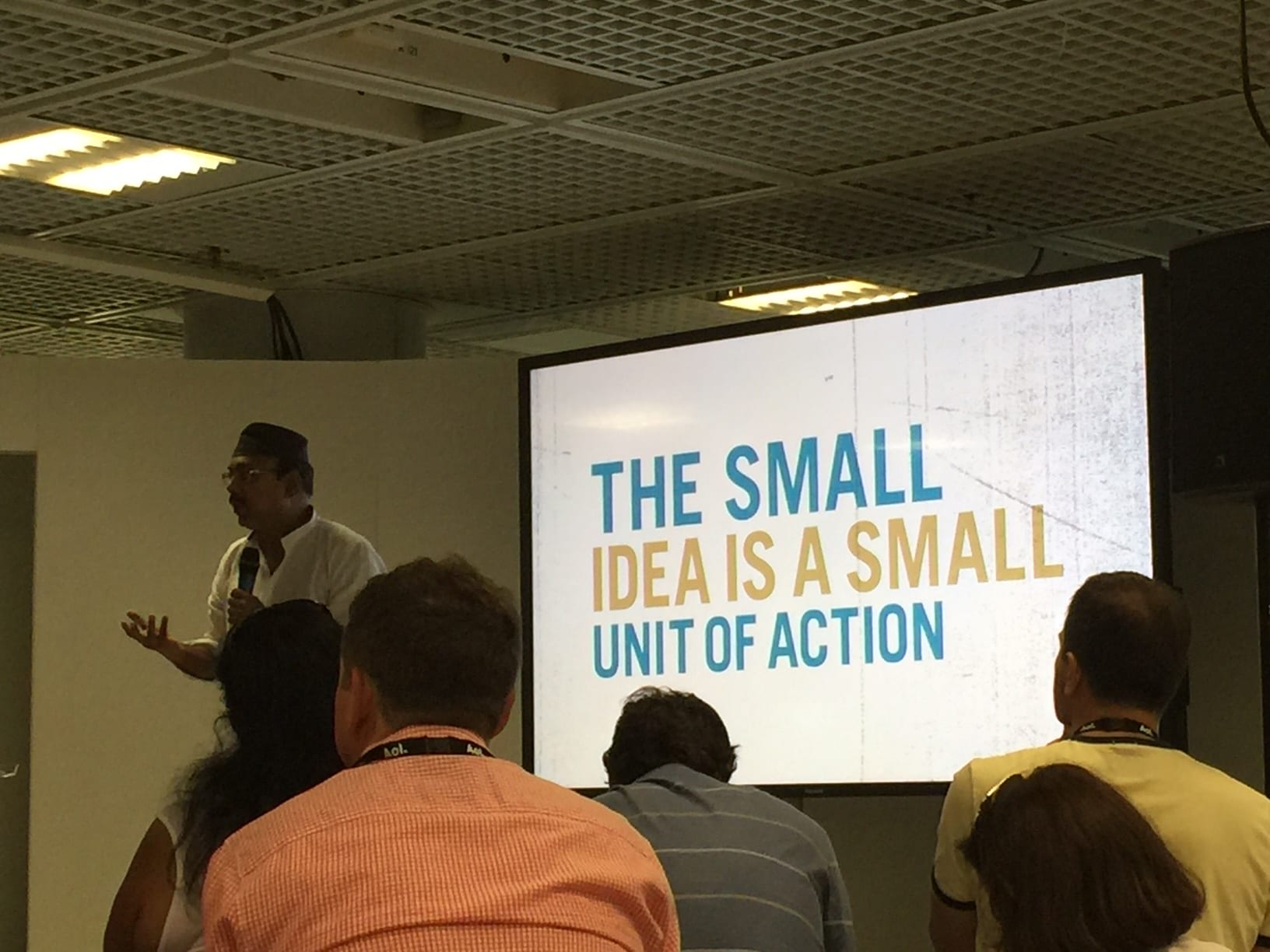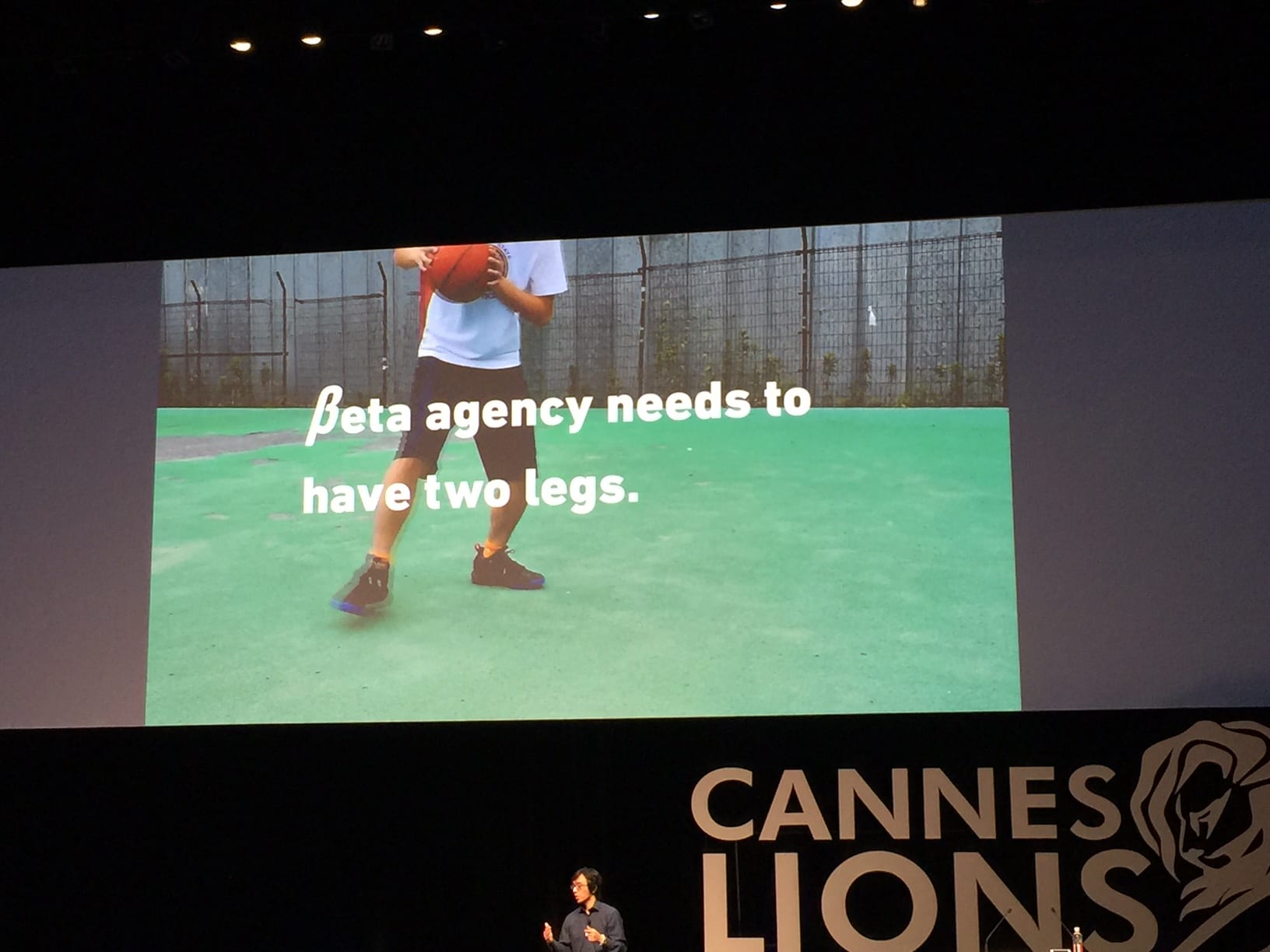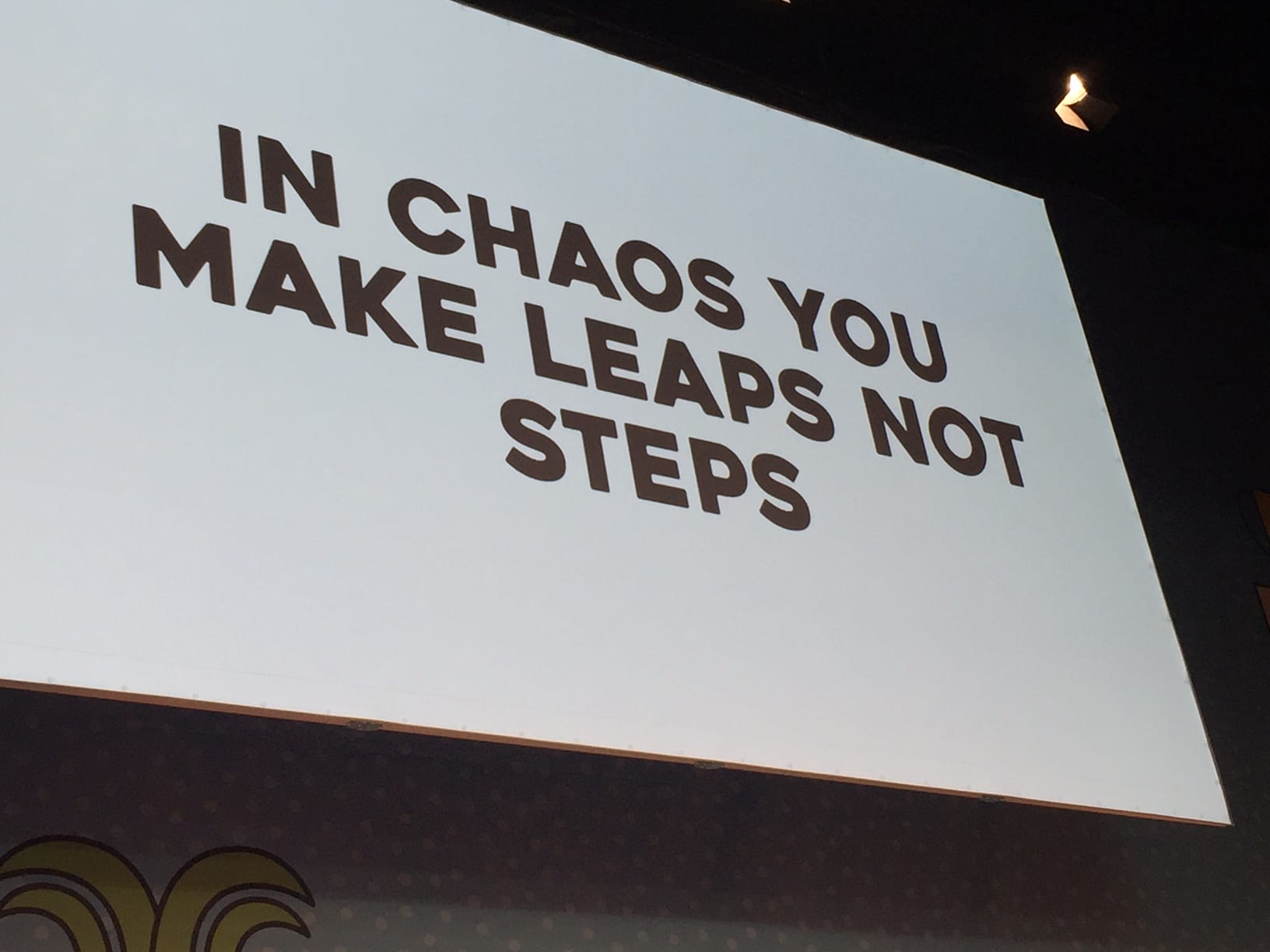A little about myself: My name is Gabriel Araujo, I am 33 years old, from Brazil, and it should be known that I am a creative and restless person. Since the age of 15 I’ve known I wanted to be in advertising. The day I saw the first print ad I created run in the newspaper was glorious. So, am I still creating advertising all these years later? No—I’m a member of the PR industry. Can an “ad guy” be happy in PR?
My time at Cannes this year helped solidify my answer, which is yes!
First, I have to acknowledge Cannes does not reflect the day-to-day reality of any one marketing communications discipline, be it PR, digital, media or advertising. Some consider the festival a big show—and even more may gaze upon the countless campaigns on display with a critical eye (to be honest, I hadn’t seen many before the festival), but one notion is beyond reproach: nearly all of them are presented so creatively that they fill us with shame and envy, forcing us to ask, “Why haven’t I see this before?”

In most award programs, winning cases are defined by big ideas and simple solutions. If it’s complicated to follow, it’s a weak idea. But sometimes it’s a little different at Cannes. Here, a weak idea showcased with a beautiful presentation can win. A beautiful idea with an entry that doesn’t clearly convey the work’s full story can’t even get on the shortlist.
And this is where the discipline of PR has an opportunity to learn from advertising and evolve into something extraordinary.

When an advertising agency creates a campaign, it involves planning, creative, tech and digital teams to collectively generate the greatest output. Once the idea is chosen, the team begins its hardest work: transforming it from good to great—and then from great to transcendent. This addiction to the craft of selling ideas, taken to a nearly artisanal degree, is the advertising industry’s primary advantage at Cannes. It’s not just about the idea, but the selling of it.
When I look at the PR agencies, I see small deviations from the ad agency model that can have a significant impact on the outcome of the work. PR agencies have an incredible arsenal of assets: our talent—subject matter experts in everything from technology to healthcare so good that, for example, I somtimes think I’m speaking to a microbiologist rather than a PR professional in Ketchum’s Healthcare practice.
And, in PR, content is king. In Ketchum’s case, we’ve spent almost 100 years creating relevant content for brands through storytelling, which gives us a major advantage over other disciplines.
It’s exciting to me that PR is not just about media relations anymore—it is about innovating and telling unusual, fresh stories all the time. To craft the big ideas we need to support our content, we need to build upon the insights that come from brainstorming and perfect the sort of polishing necessary to take good ideas to the next level.
But looking at the work at Cannes, it seems to me that there is a gap between how the work is presented by ad agencies and PR agencies. For one thing, ad agencies are doing a better job at packaging their work. There are some incredible PR cases being presented, many of which are superior to their advertising counterparts, yet ad agencies continue to dominate the Cannes spotlight because their process to support great content with great ideas that reinforce the narrative is more refined. Simply put, they are better at selling their stories.

As a former “ad guy” I can state with confidence that there are no more real barriers between advertising and PR. On the contrary, advertising agencies are thirsty for our expertise, trying to understand how to do PR. The market has changed radically, and the best way to communicate with the consumer has much more to do with PR than traditional advertising. To take the lead, PR pros need to study how to develop improved tactical strategies that don’t only show the results, but sell the break through ideas behind the numbers.
This can be seen most clearly by looking at the shortlisted PR work at Cannes Lions 2016. Around 95% consists of work by advertising agencies. In my opinion, it should be the opposite.
So, as a creative and restless person, my transition to PR is just what I needed. It presents me with new and challenging ways to apply creativity; and opportunities abound to help sell the next big idea—particularly given all that I have seen at Cannes.
Remember to check out Ketchum.com’s Cannes social hub for the latest from the festival and join the conversation with #KetchumCannes.


